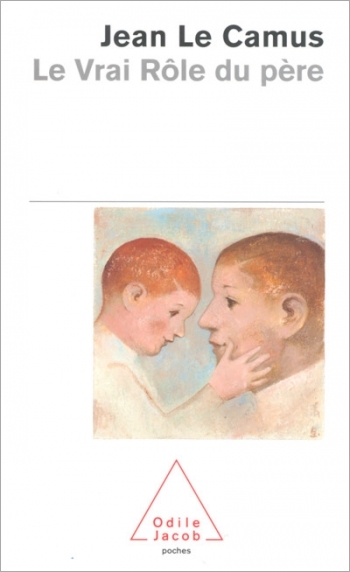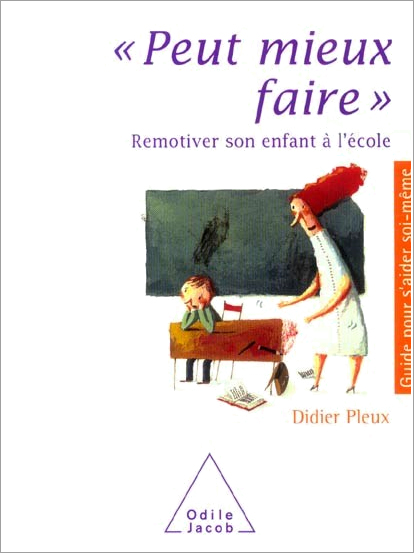Child development All books
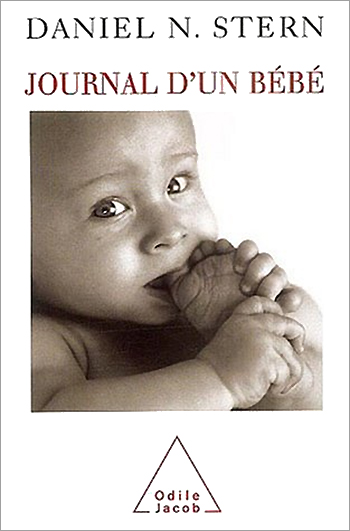
Daniel N. Stern
The Diary of a Baby
A unique undertaking. Diary of a Baby is rightly regarded as one of the most important books to understand infant psychology.
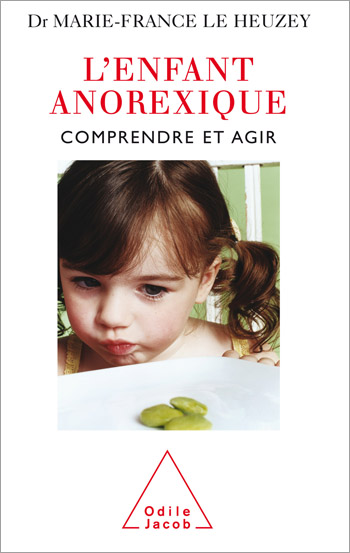
Marie-France Le Heuzey
The Anorexic Child Understanding and taking action
These days, anorexia can affect children from as young as 8 years old. It is no longer just a disease found among teenagers, and it can concern boys aswell as girls. What are the signs of this new form of mental anorexia ? Should you be concerned if you notice a change in behaviour towards food ? How can you help your child ? How can you avoid reaching this point ? A fresh look at this disease and a reflection on the place of the child in our society. Marie-France Le Heuzey is a psychiatric doctor, and coordinates the treatment of anorexic children in the department of Child and Adolescent Psychopathology at the Robert-Debré hospital in Paris.
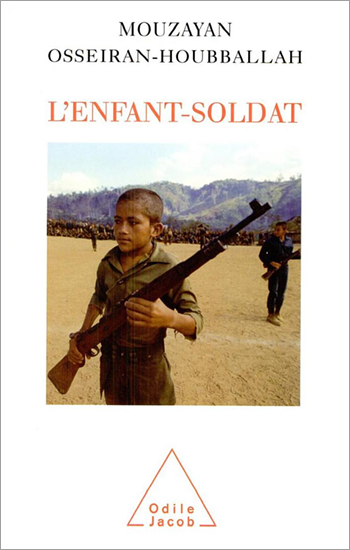
Mouzayan Osseiran-Houbballah
The Child Soldier
The existence of thousands of child-soldiers is one of the scandals of our time. UNICEF has estimated their number in the world today at 300,000 a figure that has grown in recent years due to the increase in the number of civil wars. What happens to them when the fighting ceases? Why are they no longer visible in Beirut, or elsewhere? Why do so many of them end up in drug-detoxification centres? What does the future hold for these children who know nothing besides how to handle weapons? Mouzayan Osseiran-Houbballah is a psychologist.
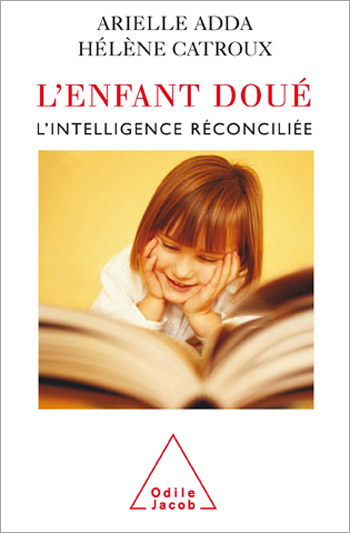
Arielle Adda, Hélène Catroux
The Gifted Child Reconciling Intelligence
Exceptionally gifted, gifted and intellectually precocious children make up as much as 5 % of any given age group. Yet they often seek failure, both at school and in their personal lives, because they suffer from being different from other children. This book is addressed to the parents and teachers of gifted children. Besides reviewing the current state of knowledge on the subject, it explains how such children can be taught to manage their potential and to overcome their excessive sensitivity and weaknesses. Arielle Adda is a psychologist. Hélène Catroux is an educational psychologist.
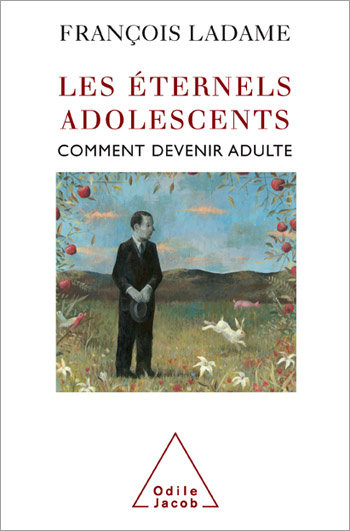
François Ladame
Eternal Adolescents How to Become an Adult
Problems of identity also concern fully developed adults or, more accurately, those apparently developed adults who have failed to leave their childhood behind and have been unable to become autonomous. In an age which prefers to break down rather than uphold limits between genders, generations, even between life and death how can the construction of ones personal identity be enhanced? What can be done to develop a powerful sense of existing in ones own right, independently of inner changes and circumstances? How can children be helped to find their place in the world and to remain themselves in the midst of others? François Ladame is a psychiatrist and psychoanalyst
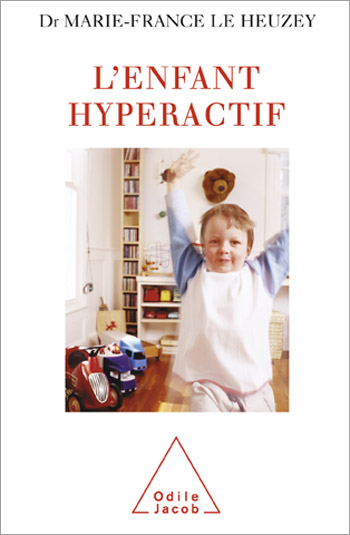
Marie-France Le Heuzey
The Hyperactive Child
What causes hyperactivity? Who to blame: society, parents, genetics? How should Attention Deficit/Hyperactivity Disorder(AD/HD) be treated? Is AD/HD a genetic or a family problem? Should children suffering from AD/HD be medicated? With its numerous case studies, pertinent advice and accessible scientific explanations, this book is bound to become the basic reference work on AD/HD for the general reader. Marie-France Le Heuzey is a medical psychiatrist.
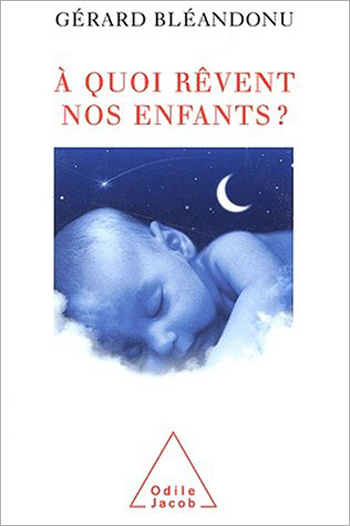
Gérard Bléandonu
What do our children dream ?
When does the foetus start to dream? What are its early dreams? What is the function of infant dreams? What is the impact of nightmares? How do dreams evolve during adolescence? Gérard Bléandonu brings to these questions his experience as a psychotherapist specialising in children suffering from psychological difficulties. The author also makes use of recent findings in neuro-physiology which have improved our understanding of dream mechanisms. Gérard Bléandonu is a psychiatrist and head of Child Psychiatry at the regional hospital of Savoie, France. He is the author of numerous works on child and adolescent psychiatry.
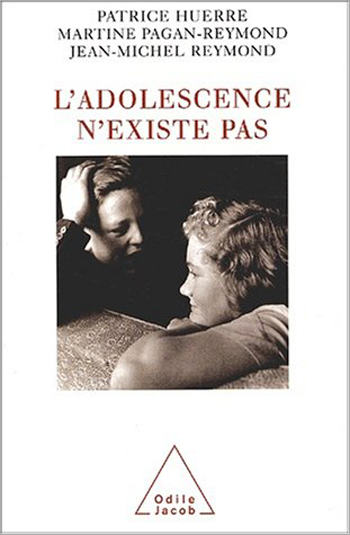
Patrice Huerre, Martine Pagan-Reymond, Jean-Michel Reymond
Adolescence doesn't exist (New Edition)
Adolescence is a recent conception in the history of man, a method of signifying, via puberty, the passage from childhood to adulthood which has always existed. In the past, this passage was celebrated and defined through the practice of rituals. Today the transition is no longer marked within such a strict timescale. Even more serious is the tendency for adults to refuse young people entry into their grown up world, either as a result of their own fear of aging, or of their desire to protect the young person from all possible risk. Patrice Huerre is a hospital psychiatrist, psychoanalyst and director of the Georges Heuyer University Medical Clinic in Paris. Martine Pagan-Reymond is a certified professor in Modern Literature. Jean-Michel Reymond, formerly Chief of Staff of Child and Adolescent Psycology is now Director of the Medical-Pedagogic Center of Saint-Lô.
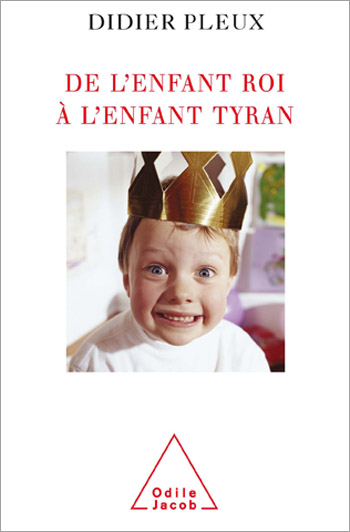
Didier Pleux
From the King Child to the Tyrant Child
More and more parents are faced with what amounts to a power take-over by their children. The tyrannical child makes constant demands, uses his parents for his own ends and creates a climate of psychological violence. The solution lies in education coupled with authority. This is a lively, clear and polemical work which shows parents how to redefine their parental authority and should enable them to feel less anxious. Besides offering practical psychological advice, it also provides an examination of what living in society means. Didier Pleux is a clinical psychologist
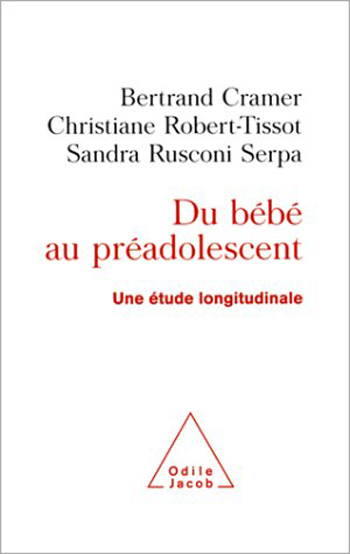
Bertrand Cramer, Christiane Robert-Tissot, Sandra Rusconi Serpa
From Baby to Preadolescent A Longitudinal Study
In 1991, 103 mother-and-infant pairs visited Genevas Guidance Infantile. The infants all displayed functional and behavioural disorders. Ten years later, the same mother-child pairs were re-evaluated by Professor Cramers team, who was thus able to make a number of prospective analyses. What became of the symptoms that the infants had first presented? Did any of the symptoms first displayed indicate a predisposition to other disorders? Can the characteristics that helped them to endure be identified? And what can be said of the role played by cognitive development and parental representations, as well as by protective factors? Professor Bertrand Cramer is a child psychiatrist.
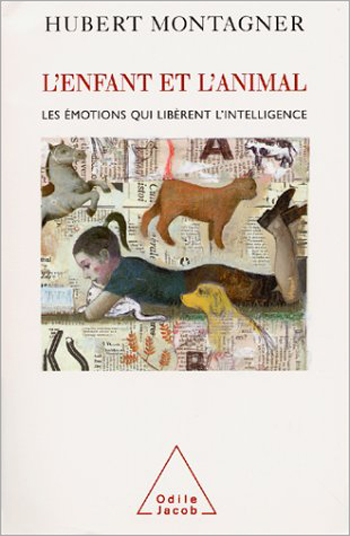
Hubert Montagner
Child and Animal The Emotions Which Liberate Intelligence
What could be more commonplace than the emotional ties that some children develop with cats and dogs or other pets? And yet, nothing could be more surprising than the fact that such ties, which are sometimes very close and intense, can exist between members of very different species. The author traces the long history of this co-evolution, from the early domestication of animals for economic ends (such as warning or defence) to the keeping of animals as pets. Above all, he asks the question: What if animals contribute significantly to childrens psychological and emotional development? Professor Hubert Montagner heads a research unit of INSERM.
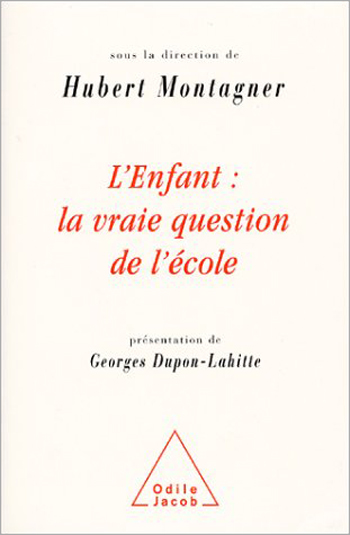
Hubert Montagner
The Child : The Real Question of Education
This ambitious work aims to provide a comprehensive view of the mechanisms, processes, influences, factors, and past and present events that may keep children from constructing, structuring or mobilising their abilities in an academic environment, and from acquiring new abilities and successfully constructing the required learning skills. In the struggle against academic failure, the main tool is understanding the child better. In order to do this, it is essential to base educational practice on the most recent knowledge.
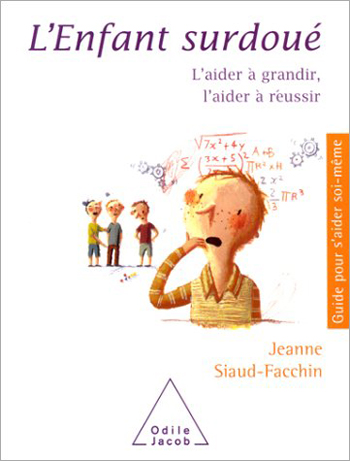
Jeanne Siaud-Facchin
The Over-Gifted Child Helping them to grow up, helping them to succeed
It could almost be said that gifted children are in danger. They are emotional sponges who often ignore the insouciance of childhood, and their hyper-receptivity puts them in a state of heightened vigilance. For these reasons, gifted children are more often familiar with fear and anxiety. And yet, if parents and teachers understand the gifted child, he or she will blossom and make use of the great wealth of his or her personality and abilities. The goal of this practical manual is to guide parents and teachers in the discovery of gifted or exceptional children. Jean Siaud-Facchin is a clinical psychologist.
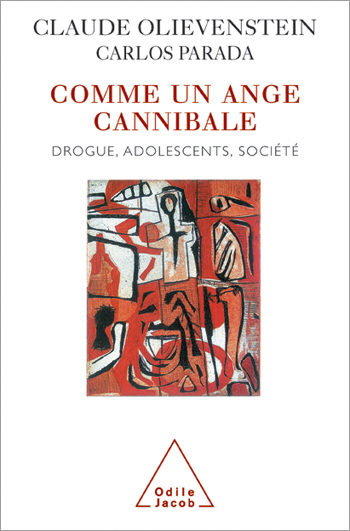
Claude Olievenstein, Carlos Parada
Like A Cannibalistic Angel Drugs, Adolescents and Society
Does it make sense to place hallucinogens and hard drugs in the same category and to regard them all as addictive? Should tobacco and alcohol be put on the same plane as heroin, cocaine and crack ? With the assistance of Carlos Parada, his collaborator at the Centre Médical de Marmottan, Claude Olievenstein offers the reader his latest thoughts and ideas on the highly distinctive world of substance abusers, which is characterised by pleasure, withdrawal, the need for warmth and haste and, above all, by instability and chaos. Claude Olievenstein is the head doctor at the Centre Médical de Marmottan, in Paris, and a senior research fellow at the University of Lyon-II. Carlos Parada, a physician specialising in drug addiction, works at the Centre Médical de Marmottan.

